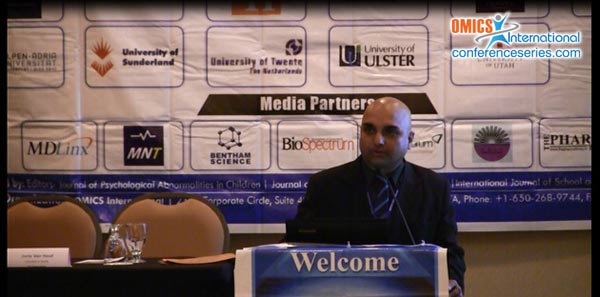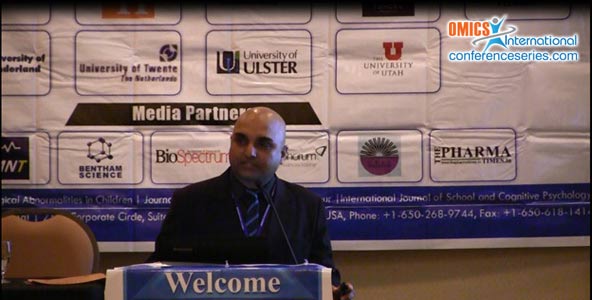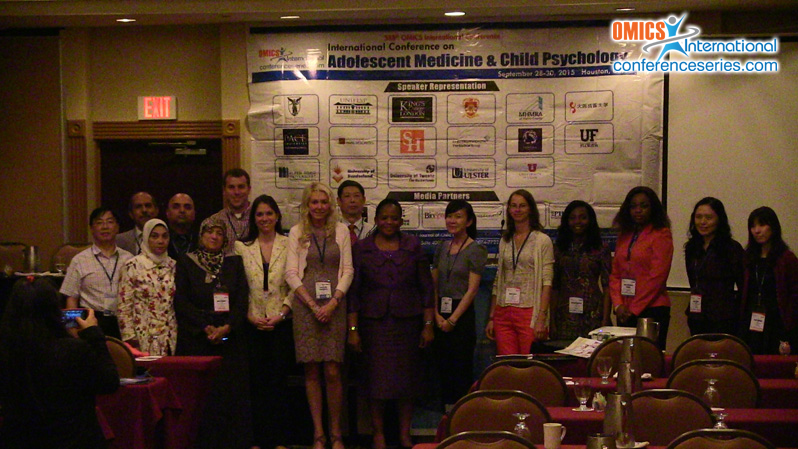
Umesh Raj Aryal
1Kathmandu Medical College, Nepal
Title: Psycho-social factors influencing smoking behavior of Nepalese adolescents
Biography
Biography: Umesh Raj Aryal
Abstract
Psycho-social factors influencing smoking behavior of Nepalese adolescent: The Global Youth Tobacco Survey (GYTS) provides useful information for monitoring the tobacco use and the impact of intervention among adolescents. Understanding the influence of psycho-social factors (demographic, environmental, motivational and programmatic factors) is essential to ensure success of effective intervention program. This study utilized the GYTS 2011 data of Nepal with the main aim is to assess influence of several psycho-social factors among adolescents to become current smoking. The GYTS is a cross-sectional study that applies a two stage cluster sample to acquire a representative sample of schools and students (n=2878). Prevalence of current smoking was 4.7% (95% CI: 4.2; 5.9) of which 75.7% (95% CI: 67.6-82.6) were male. Multivariable logistic regression revealed that demographic factor (being male (AOR=2.50; 95% CI: 1.51-4.14) and age >15 years (2.93;1.77-4.86), environmental factors (friend smoking (5.72; 2.69-12.1), exposed to smoking in closed places (3.6; 1.89-7.02) and outdoor places (1.99;1.03-3.87)); motivational factors (ever offered free cigarettes by tobacco company representative (1.83;1.15;2.90) and programmatic factor (taught about danger sign of smoking (0.49; 0.32-0.77)) are associated with current smoking. The results of Structural Equation Modeling (SEM) indicates model fits well based on criteria for goodness of fit: (CFI=1, TFI=1, RMSEA=0.00). The SEM revealed that age, sex, friend smoking, exposure to smoking at closed places and ever offer of free cigarettes were predictors of current smoking habits. Our findings suggest that an understanding of the influencing factors provides important insight for comprehensive school based tobacco intervention programs.



